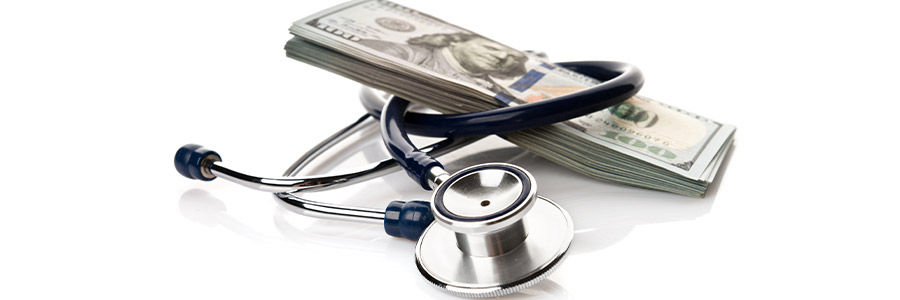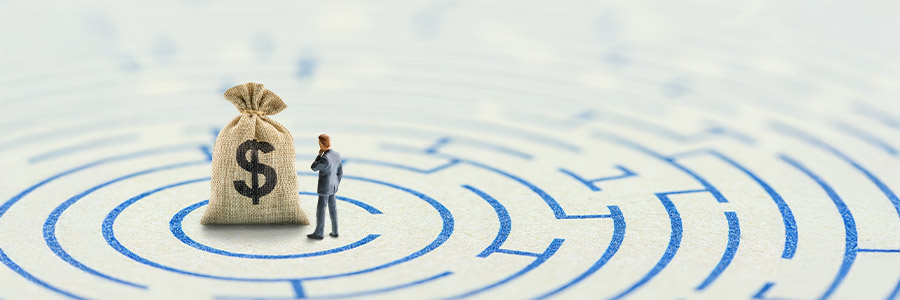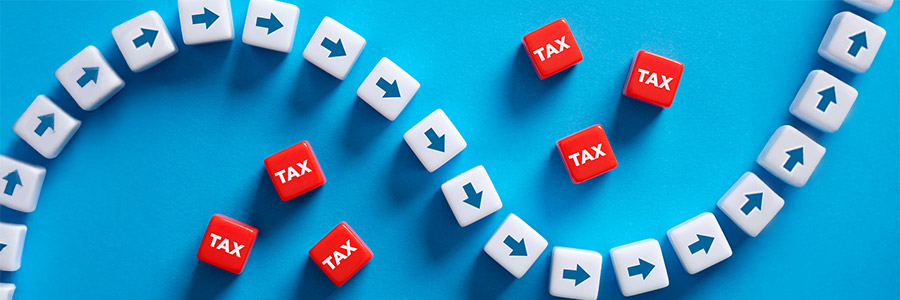Retirement is supposed to be fun, but let’s be real – it’s hard to chill out if you’re worried about running out of money. That’s why having a retirement expense checklist is super important.
Knowing how much you’ll be spending in retirement isn’t just smart – it’s the key to enjoying all those vacations, hobbies, and maybe even that fancy recliner you’ve been eyeing. But don’t worry, we’ll keep this retirement expense checklist simple and easy to follow – making sure you feel confident about your financial future.
✅ Housing Costs

Mortgage or Rent – If your house isn’t fully paid off by the time you retire, this will likely be one of your biggest monthly expenses in retirement. Even if you own your home, don’t forget about:
- Property taxes – These can go up over time.
- Home insurance – It’s essential for protecting your investment.
- Maintenance and repairs – Plan for things like a new roof, plumbing issues, or appliance replacements.
- Downsizing – If your house feels too big, selling and moving to a smaller place can reduce costs.
✅ Healthcare Expenses

Healthcare can be one of the trickiest retirement expenses to estimate, but it’s also one of the biggest contributors to the average expenses in retirement.
- Medicare premiums – Once you turn 65, Medicare will cover some of your costs, but not everything. Be aware of the Medicare exclusion list, which outlines services and items that Medicare won’t pay for, potentially adding to your expenses. On average, healthcare expenses can add up to a significant portion of your retirement budget.
- Supplemental insurance – Many seniors get supplemental insurance for retirees to help with what Medicare doesn’t pay. This additional coverage can protect against unexpected medical bills and fill in the gaps left by Medicare.
- Prescription drugs – Prescription costs can add up, especially if you take multiple medications. Many retirees choose Medicare Part D to help with this.
- Long-term care – Assisted living or nursing home care can be expensive, and it’s worth planning for these costs early. This is often one of the largest healthcare-related costs retirees face.
✅ Daily Living Expenses

Even in retirement, you’ll still have everyday costs. Adding these to your list of retirement expenses ensures nothing gets overlooked. Be sure to include:
- Groceries – Food costs don’t disappear!
- Utilities – Electricity, gas, water, and internet bills will continue.
- Clothing and personal items – While you may not spend as much as when you worked, occasional updates will be necessary.
- Transportation – If you plan to drive, factor in car payments, insurance, and maintenance.
✅ Leisure and Entertainment

Retirement is your time to enjoy life, so don’t forget the fun stuff!
- Travel – Many retirees plan vacations and trips to visit family. Factor in flights, hotels, and meals.
- Hobbies – Whether you like golfing, painting, or gardening, hobbies come with their own expenses.
- Dining out – Treating yourself to a nice meal is part of enjoying retirement.
- Entertainment – Movies, shows, and concerts can make life more enjoyable.
✅ Debt Payments

Minimizing debt is one of the best ways to prepare for retirement, but if you still have loans or credit card balances, make sure you account for:
- Car loans
- Credit card debt
- Personal loans
✅ Taxes

Even in retirement, taxes can still take a bite out of your savings, making them a key retirement expense to plan for.
- Taxes on retirement income – Social Security, pensions, and withdrawals from 401(k)s or IRAs may be taxed.
- Property taxes – As mentioned earlier, these can rise over time.
- Capital gains tax – For retirees, capital gains tax can significantly impact overall income, making it essential to understand how it works and how to minimize its effects.
- Sales taxes – Everyday purchases can add up.
✅ Family Support

Many retirees help their families financially, whether it’s by supporting adult children or contributing to grandchildren’s education.
- Gifts – Birthday and holiday gifts can add up. While gifting savings bonds to grandchildren is a meaningful and long-lasting present, it’s an expense that should definitely be part of your checklist.
- Education funds – College savings for grandchildren can be a rewarding but expensive gift.
- Emergency support – Having extra funds set aside can help if family members need financial help.
✅ Emergency Fund

Unexpected costs are a fact of life, even in retirement.
- Medical emergencies
- Major home repairs
- Car breakdowns
- Family emergencies
Having at least 6-12 months’ worth of living expenses saved for emergencies can provide peace of mind.
✅ Inflation

Inflation means that the cost of goods and services will rise over time. Your annual spending in retirement may vary significantly when you first enter retirement versus ten years into retirement.
Even small increases in prices can add up over the years, gradually reducing your purchasing power. This means essentials like groceries, gas, and utilities may become more expensive.
Planning for inflation helps ensure your savings keep pace with rising costs, allowing you to maintain your lifestyle throughout retirement.
✅ Legacy and Estate Planning

If you want to leave money or assets to your family, factor in:
- Estate planning fees – Legal costs to create wills and trusts.
- Funeral expenses – Planning ahead can ease the financial burden on your family.
- Charitable donations – If giving back is important to you, consider this in your plan.
Pro Tips for Estimating Retirement Expenses
- Review Your Expenses Regularly – Your spending may change as you age, so check in on your budget every year.
- Consider a Financial Advisor – A financial professional can help you manage your money and stay on track. They can also help you get your retirement score to see how likely you are to achieve your retirement goals, giving you a clearer picture of where you stand and what adjustments might be needed.
- Track Your Spending – Keep an eye on your expenses to ensure you’re staying within your means.
- Cut Back Where Needed – Look for areas to trim if you find your budget stretched too thin.
By using this checklist and taking the time to estimate your expenses, you’ll set yourself up for a retirement that’s not only comfortable but truly enjoyable.




